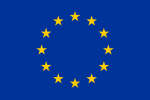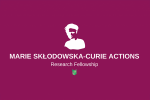This project has received funding from the European Union’s Horizon 2020 Research and Innovation Programme under the
Marie Skłodowska-Curie grant agreement number 955708.


Copyright © All Rights Reserved To EvoGamesPlus.

